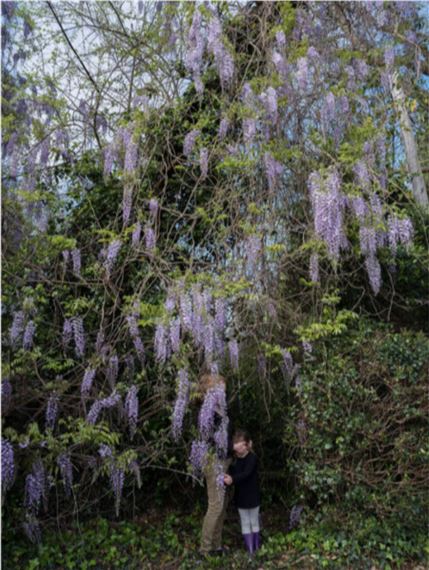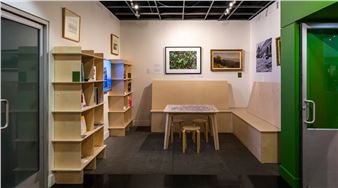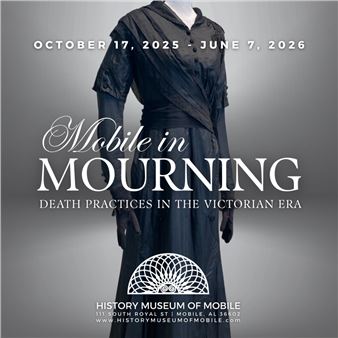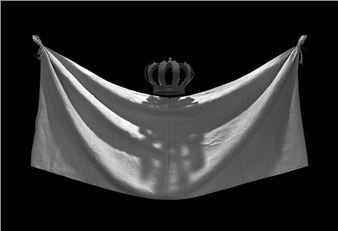Allison Grant: Dangerous Landscapes
Climate Change—the largest environmental challenge of our time—is the result of a vision of progress forged in the nineteenth century when fossil fuels spurred industrialization on a global scale. Picturesque America, published in 1872, captured the beginning of US industrialization in lush illustrations that placed railroads and factories in expansive horizons that symbolized boundless possibility. Dark columns of smoke represented prosperity and movement into the future. Dangerous Landscapes places these nineteenth-century views of progress in dialogue with Allison Grant’s contemporary photographs of the chemical and fossil fuel industries in West Alabama.
Grant’s work gestures toward a reoriented view of these romantic nineteenth-century landscapes—one where human production and consumption have become fully entangled with the natural world. Her works suggest a narrowing of options as flora, fauna, and human populations are threatened by particulates, toxins, and heat-trapping carbon dioxide spread through the atmosphere and embedded in the terrain. Grant’s images grapple with the impact of these accumulated toxins and greenhouse gasses, and their presence in our local communities.
While the landscapes of the nineteenth century offered a bright pathway to the future, Grant’s photographs, by incorporating narratives of raising her own children, show the complexities of industry’s relationship with that legacy as we collectively face looming environmental challenges. In these works, the dark realities of the landscape in which we live are interlaced with representations of her deep love for her children and the physical world around them—a living tapestry that her daughters are just coming to know. Climate change will undoubtedly reshape the world they inherit, and these photographs negotiate the beauty and heartbreak of raising a generation on a wondrous planet in the midst of such rapid and impactful change.

Recommended for you
Climate Change—the largest environmental challenge of our time—is the result of a vision of progress forged in the nineteenth century when fossil fuels spurred industrialization on a global scale. Picturesque America, published in 1872, captured the beginning of US industrialization in lush illustrations that placed railroads and factories in expansive horizons that symbolized boundless possibility. Dark columns of smoke represented prosperity and movement into the future. Dangerous Landscapes places these nineteenth-century views of progress in dialogue with Allison Grant’s contemporary photographs of the chemical and fossil fuel industries in West Alabama.
Grant’s work gestures toward a reoriented view of these romantic nineteenth-century landscapes—one where human production and consumption have become fully entangled with the natural world. Her works suggest a narrowing of options as flora, fauna, and human populations are threatened by particulates, toxins, and heat-trapping carbon dioxide spread through the atmosphere and embedded in the terrain. Grant’s images grapple with the impact of these accumulated toxins and greenhouse gasses, and their presence in our local communities.
While the landscapes of the nineteenth century offered a bright pathway to the future, Grant’s photographs, by incorporating narratives of raising her own children, show the complexities of industry’s relationship with that legacy as we collectively face looming environmental challenges. In these works, the dark realities of the landscape in which we live are interlaced with representations of her deep love for her children and the physical world around them—a living tapestry that her daughters are just coming to know. Climate change will undoubtedly reshape the world they inherit, and these photographs negotiate the beauty and heartbreak of raising a generation on a wondrous planet in the midst of such rapid and impactful change.

 ARTISTS
ARTISTS
















